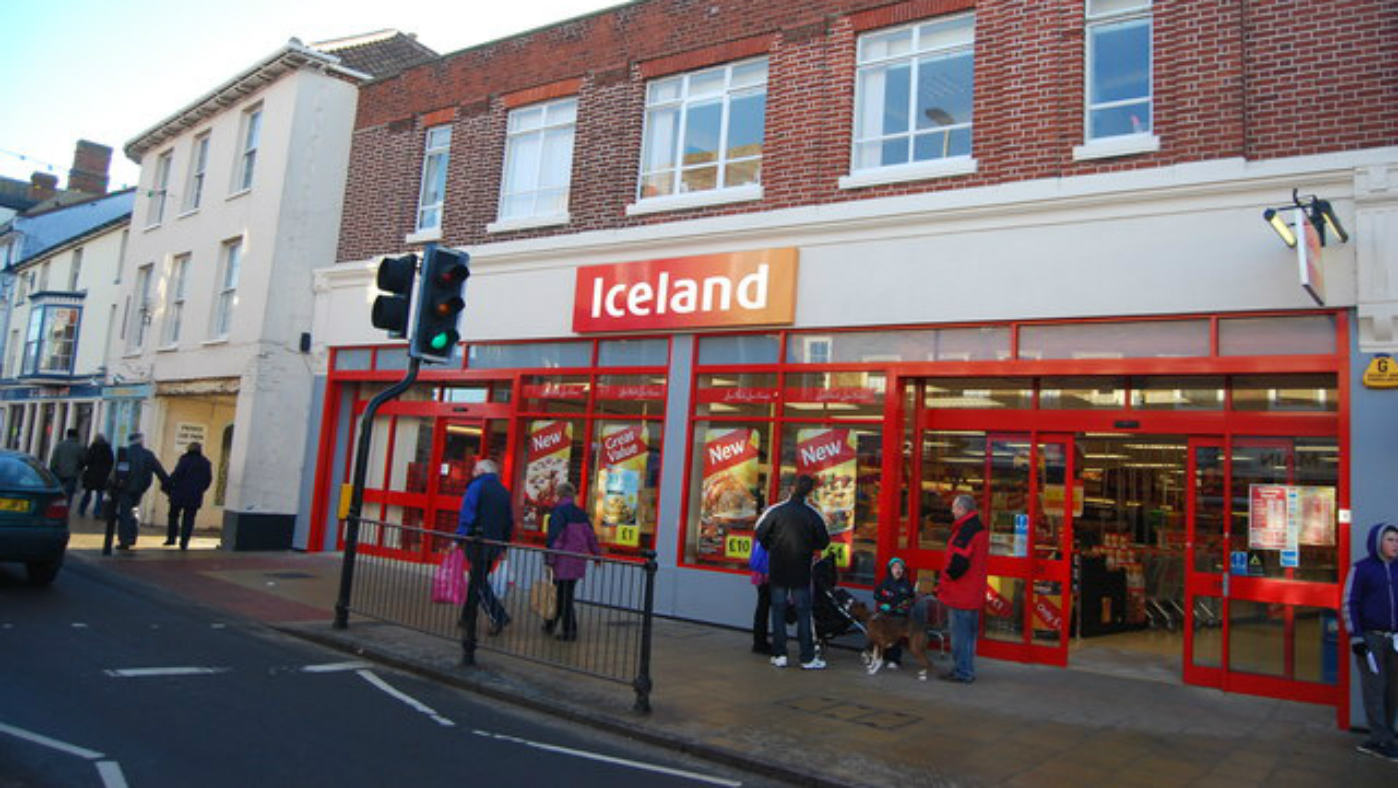Iceland Christmas TV ad banned for being ‘too political’
Controversial commercial depicts orangutan mourning loss of his rainforest home

A free daily email with the biggest news stories of the day – and the best features from TheWeek.com
You are now subscribed
Your newsletter sign-up was successful
An Iceland Christmas advert has been banned from television after its depiction of deforestation was ruled too political.
The cartoon advert, originally made by environmental organisation Greenpeace, begins with a small girl playing with a little orangutan in her room. When she asks why the ape is in her room, the cartoon turns black and white and depicts the orangutan running away as machinery destroys its forest home.
Actress Emma Thompson provides the narration, as the orangutan tells the child: “There’s a human in my forest and I don’t know what to do. He took away my mother and I’m scared he’ll take me too.”
The Week
Escape your echo chamber. Get the facts behind the news, plus analysis from multiple perspectives.

Sign up for The Week's Free Newsletters
From our morning news briefing to a weekly Good News Newsletter, get the best of The Week delivered directly to your inbox.
From our morning news briefing to a weekly Good News Newsletter, get the best of The Week delivered directly to your inbox.
Iceland was the first major UK supermarket to pledge the removal of palm oil - which has been linked to deforestation - from its name brand items. The supermarket said it hoped the campaign would “improve shoppers’ understanding of the widespread rainforest destruction for palm oil production”.
“We got permission to use [the ad] and take off the Greenpeace logo and use it as the Iceland Christmas ad,” Iceland’s founder, Malcolm Walker, told The Guardian. “It would have blown the John Lewis ad out of the window. It was so emotional.”
However, advertising body Clearcast said re-purposing a video created for Greenpeace to promote a supermarket ran afoul of broadcast regulations banning promotional campaigns “directed towards a political end”.
“We are concerned it doesn’t comply with the political rules of the BCAP code [broadcast code for advertising practice],” a spokesman told The Guardian.
A free daily email with the biggest news stories of the day – and the best features from TheWeek.com
The ban does not apply to social media, where the controversial clip has circulated around YouTube and Twitter.
“We’re going to focus now on releasing the film on social media and ensuring as many people as possible see it,” said Iceland’s communications chief, Caspar Nelson. “We think the subject is important”.
-
 Switzerland could vote to cap its population
Switzerland could vote to cap its populationUnder the Radar Swiss People’s Party proposes referendum on radical anti-immigration measure to limit residents to 10 million
-
 Political cartoons for February 15
Political cartoons for February 15Cartoons Sunday's political cartoons include political ventriloquism, Europe in the middle, and more
-
 The broken water companies failing England and Wales
The broken water companies failing England and WalesExplainer With rising bills, deteriorating river health and a lack of investment, regulators face an uphill battle to stabilise the industry
-
 Cracker Barrel crackup: How the culture wars are upending corporate branding
Cracker Barrel crackup: How the culture wars are upending corporate brandingIn the Spotlight Is it 'woke' to leave nostalgia behind?
-
 Christmas trees: losing their magic?
Christmas trees: losing their magic?In the Spotlight Festive firs are a yuletide staple but are their days numbered?
-
 Jaguar's stalled rebrand
Jaguar's stalled rebrandIn the Spotlight Critics and car lovers are baffled by the luxury car company's 'complete reset'
-
 Retail media is seeing a surge this year
Retail media is seeing a surge this yearThe Explainer Amazon now makes more money from advertising than Coca-Cola's global revenue
-
 The nightmare before Christmas: is the party over for the office festive do?
The nightmare before Christmas: is the party over for the office festive do?Talking Point Seasonal cheer and morale-boosting benefits under threat from economic woes and employee disinterest – or dread
-
 Elon Musk to X's fleeing advertisers: 'Go f--- yourself' and 'don't advertise'
Elon Musk to X's fleeing advertisers: 'Go f--- yourself' and 'don't advertise'Speed Read 'What this advertising boycott is going to do is to kill the company,' Musk said at a public conference
-
 Labour shortages: the ‘most urgent problem’ facing the UK economy right now
Labour shortages: the ‘most urgent problem’ facing the UK economy right nowSpeed Read Britain is currently in the grip of an ‘employment crisis’
-
 Will the energy war hurt Europe more than Russia?
Will the energy war hurt Europe more than Russia?Speed Read European Commission proposes a total ban on Russian oil